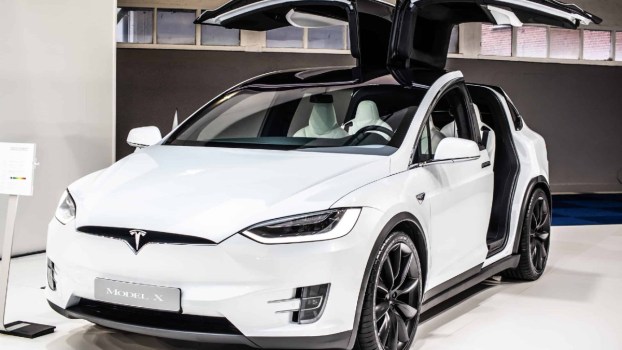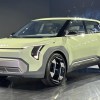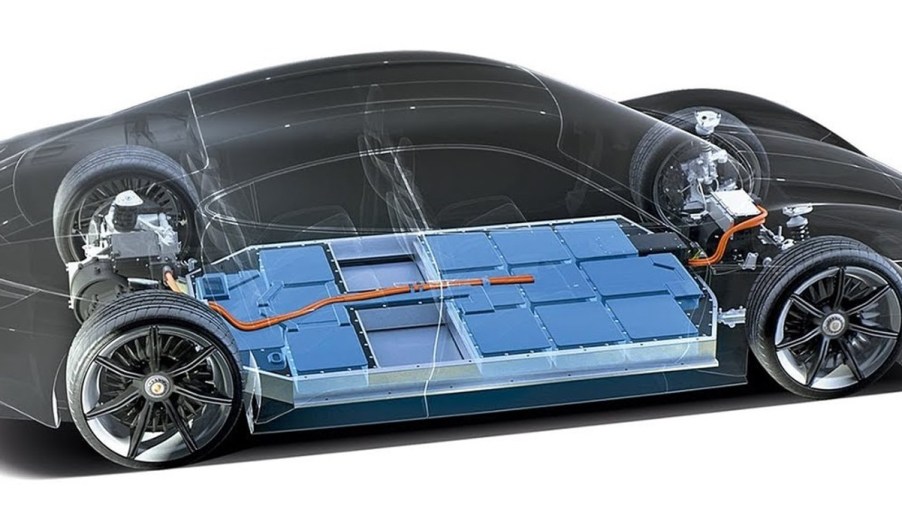
Will Your EV Need a Battery Replacement?
Does your EV require a battery replacement after a specified number of miles? Many drivers have had gas or diesel-powered vehicles that keep chugging along after hundreds of thousands of miles, but that might be different with electric vehicles. Will EV owners need to replace the battery pack more often than some internal combustion engines? Let’s explore
How long do electric car batteries last?
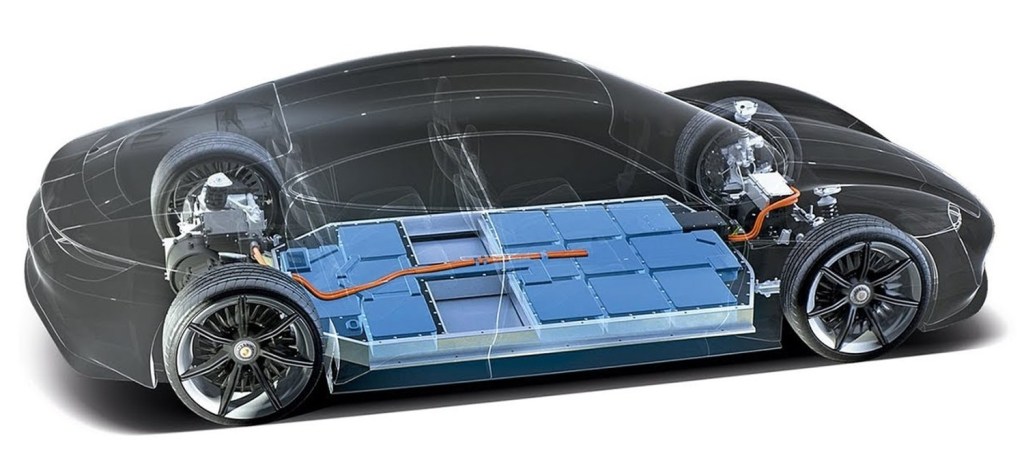
The question of battery life still needs to be answered. We don’t have enough EVs to provide a concrete answer to this question. Although most automakers offer an 8-year/100,000-mile warranty on the battery and its related components, we know this is just a starting point.
Consider this, if you bought a gas-powered vehicle and thought it couldn’t outlast the powertrain warranty, would you still buy it? You might if you had plans to trade it after only a few years of driving, but many consumers look for longevity in their vehicles.
According to Recurrent, automakers say an electric vehicle should last 15 to 20 years using the same battery.
Is there any proof of longevity in electric car battery lifespans?
The Recurrent community of nearly 15,000 electric vehicle drivers gives us a good sample size. To date, only 1.5% of Recurrent members faced EV battery replacements. This figure is outside the major EV battery recalls issued by Chevy for the Bolt EV and EUV and Hyundai for the Kona Electric.
Which EVs require battery replacement most often?
It should come as no surprise that the EVs in this category are the two most popular and oldest models in the market. The highest number of non-recall battery replacements in the Recurrent community are:
- 2013 Tesla Model S – 8.5%
- 2014 Tesla Model S – 7.3%
- 2015 Tesla Model S – 3.5%
- 2011 Nissan LEAF – 8.3%
- 2012 Nissan LEAF – 3.5%
What do owners need to replace the EV batteries in the Nissan LEAF?
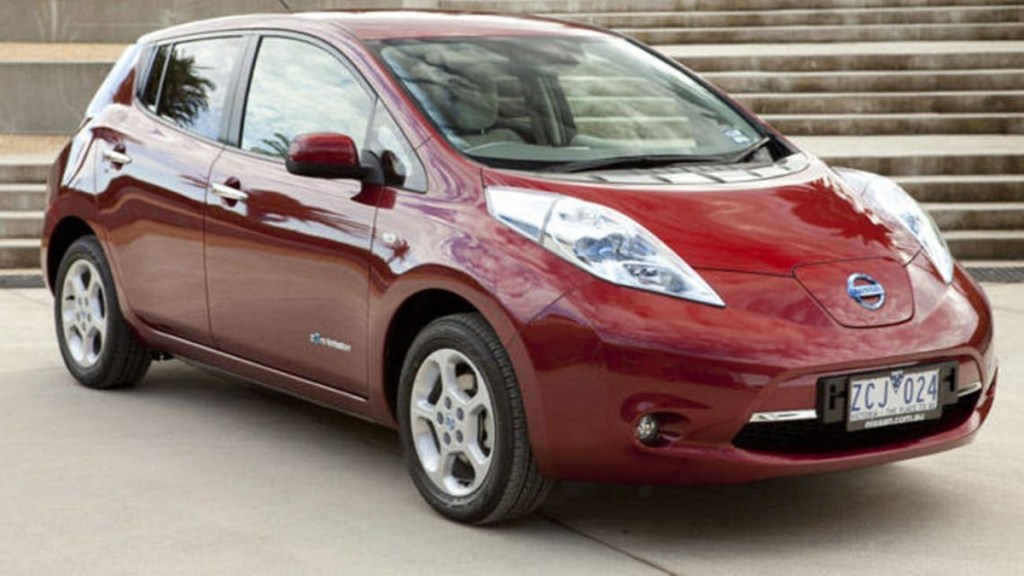
The Nissan LEAF is the oldest mass-produced electric vehicle. This longevity relates to the need for battery replacement more than any other vehicle, but there’s more. Nissan found the original battery chemistry lost charge quickly in hot climates. Since then, Nissan changed to a battery that could withstand the heat more and has seen fewer models needing EV battery replacements.
Which Tesla Model S batteries degrade fastest?
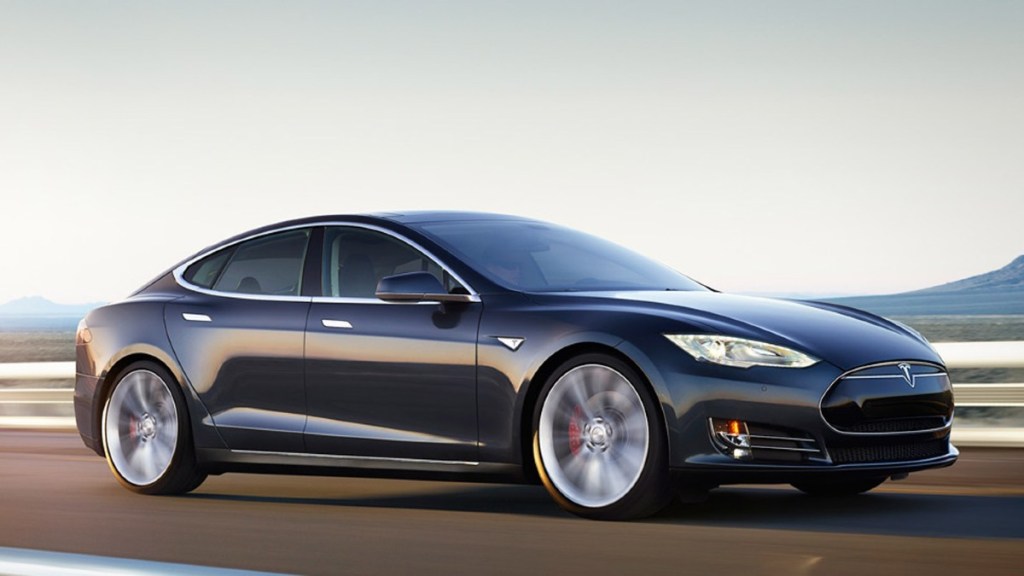
The Tesla Model S is the second-longest-running mass-produced electric car. Although fewer Model S sedans are on the road than Nissan LEAFs, this Tesla faces the next-highest rate of required battery replacement.
Interestingly enough, the 100kWh battery pack loses driving range or degrades at a relatively normal rate, while the smaller battery packs show far less range reduction over time.
Have we restarted the automotive industry with EVs?
If you can imagine the experimentation that took place in the early days of the internal combustion engine and the automotive world, you’re on the right track. Electric vehicles offer a completely new set of challenges, technology, propulsion system, and requirements. In some respects, such as EV battery life, we can only wait to collect more data to have a clearer picture and realistic expectations.
